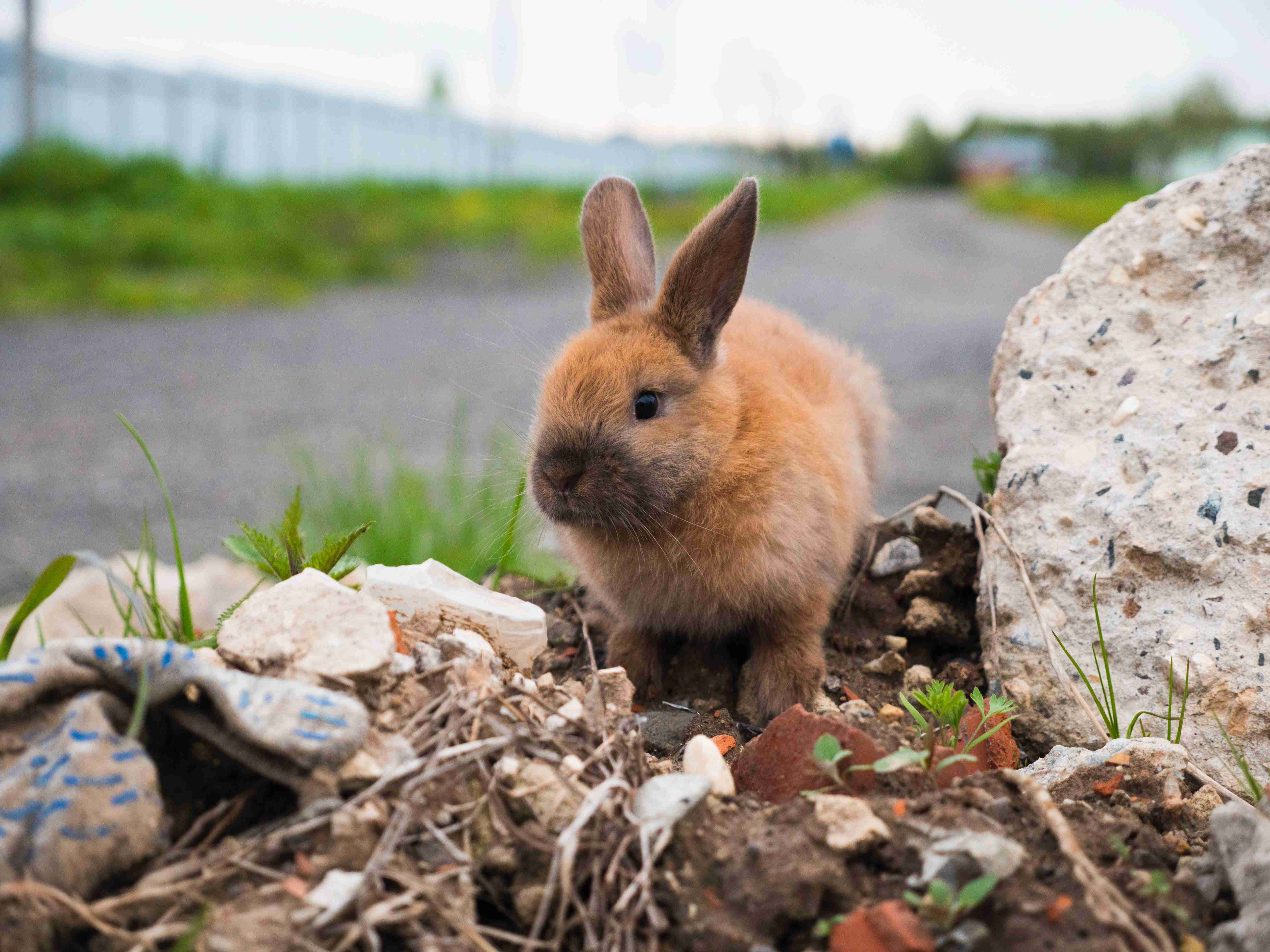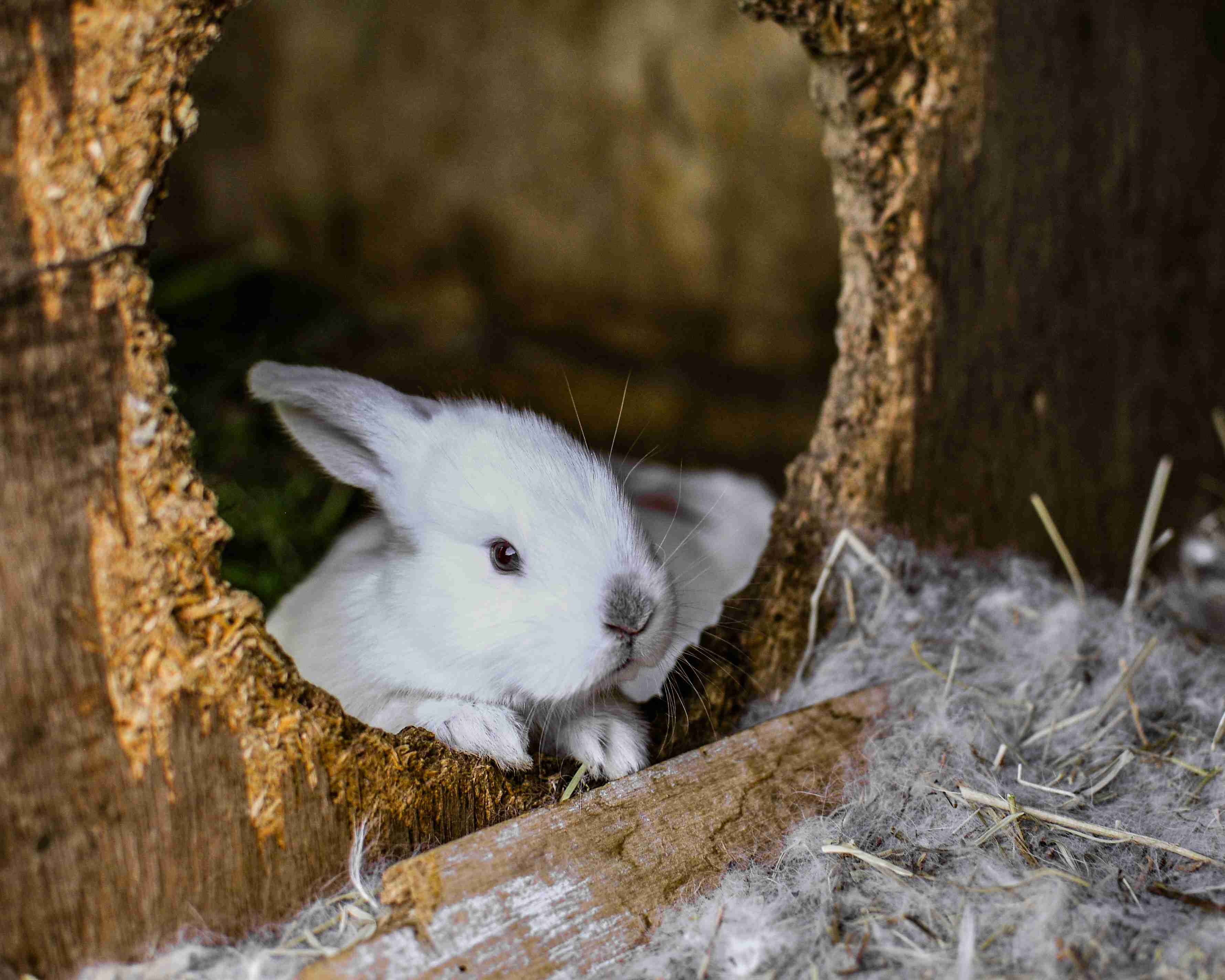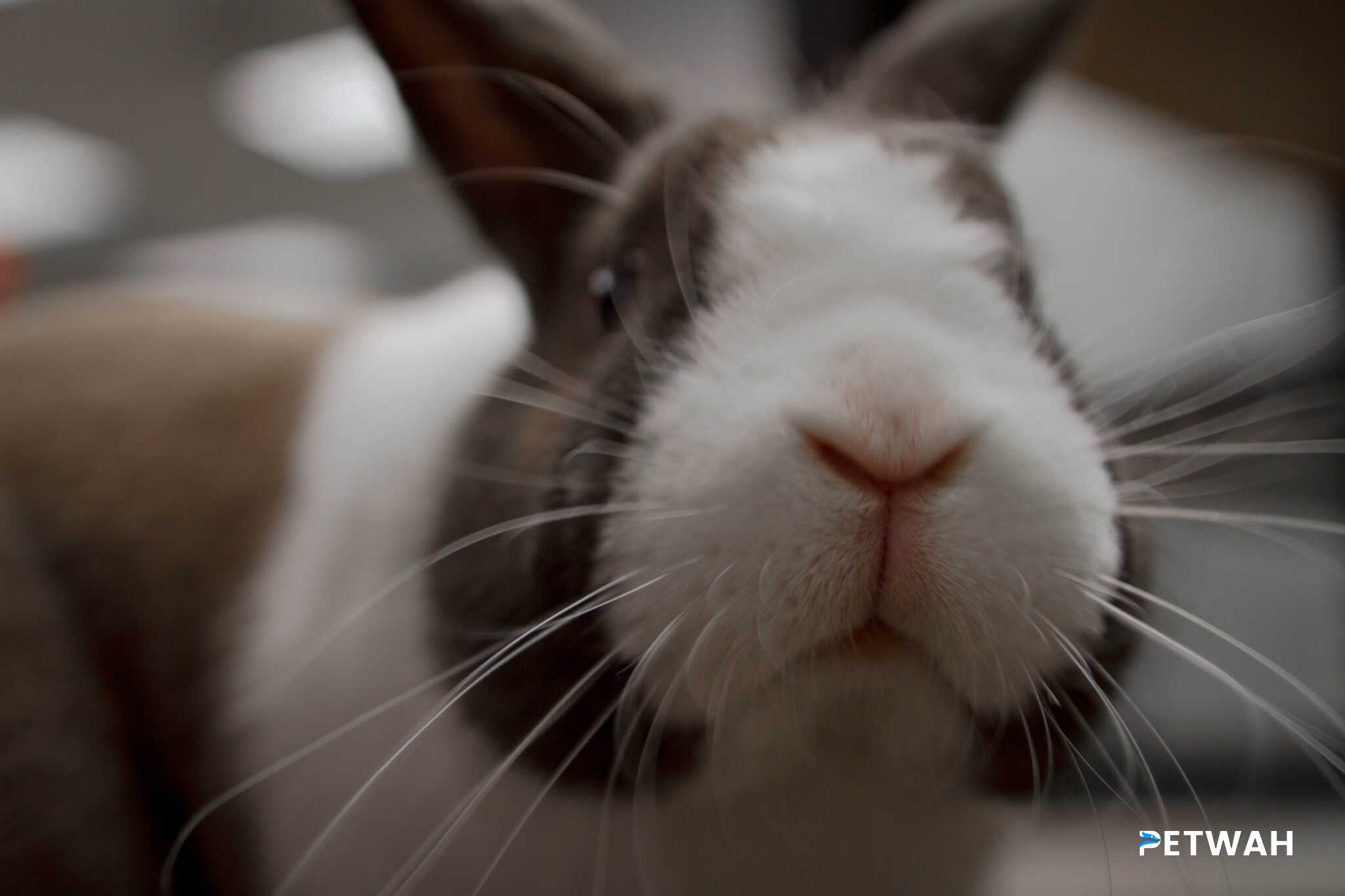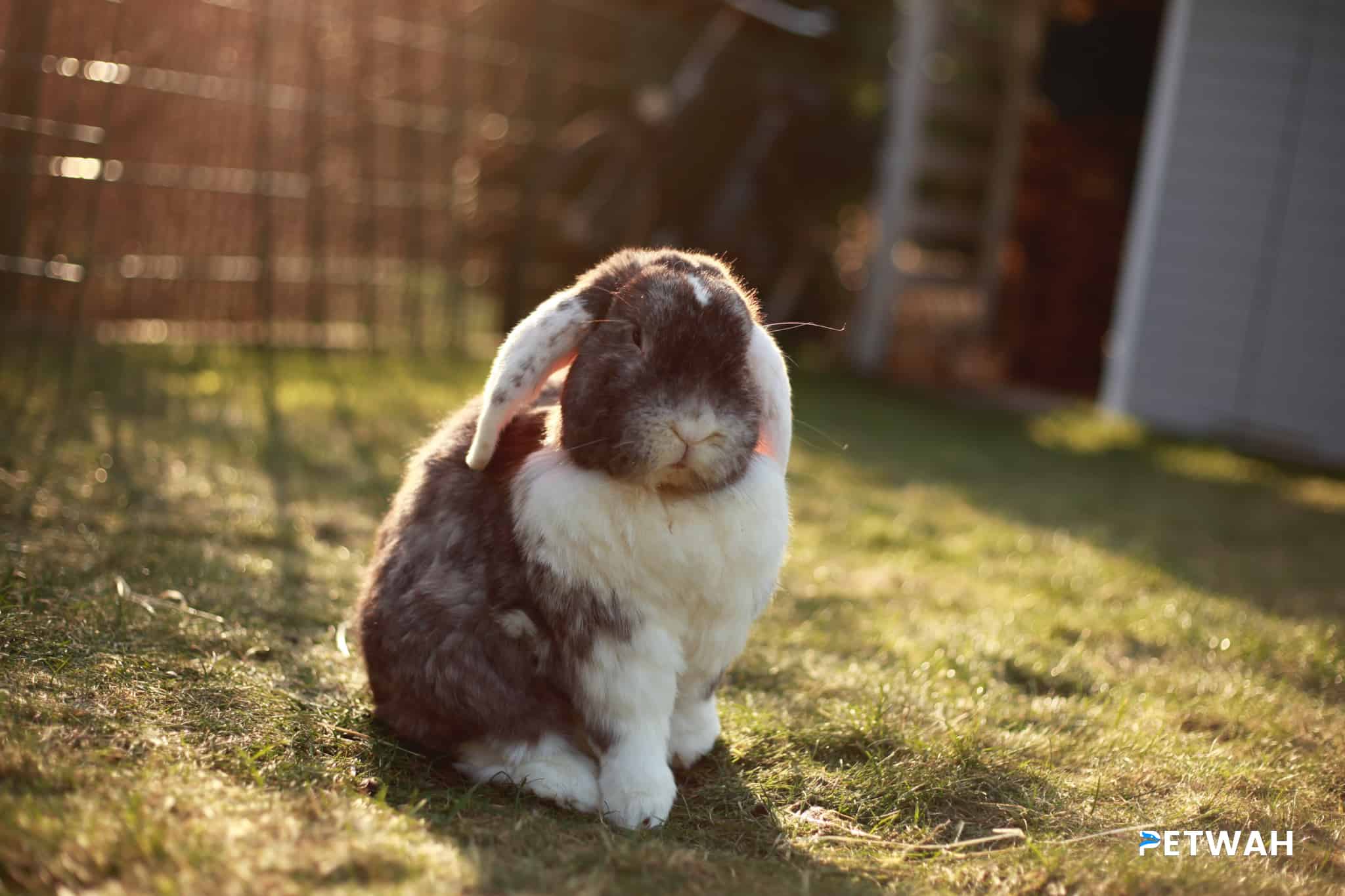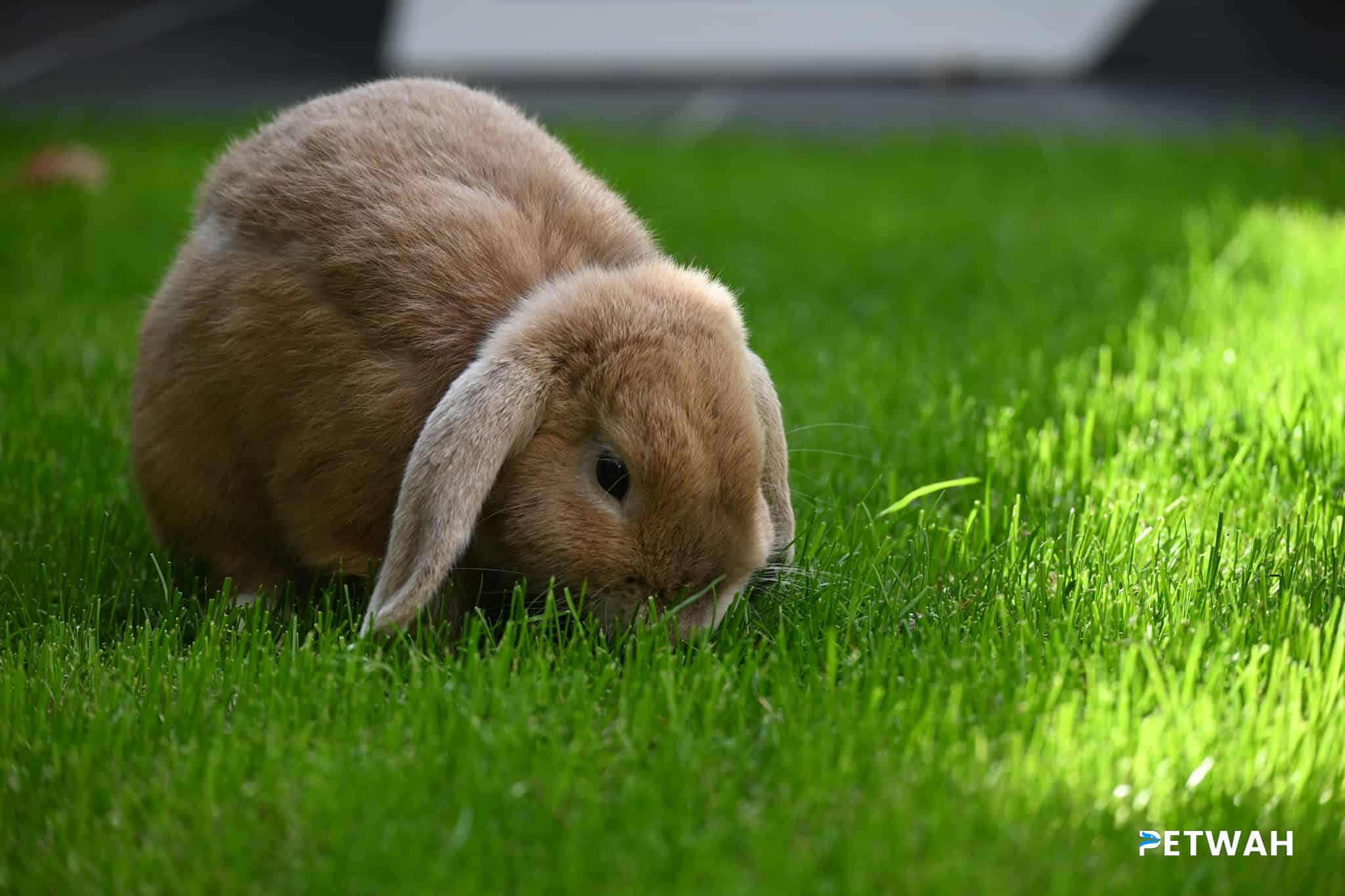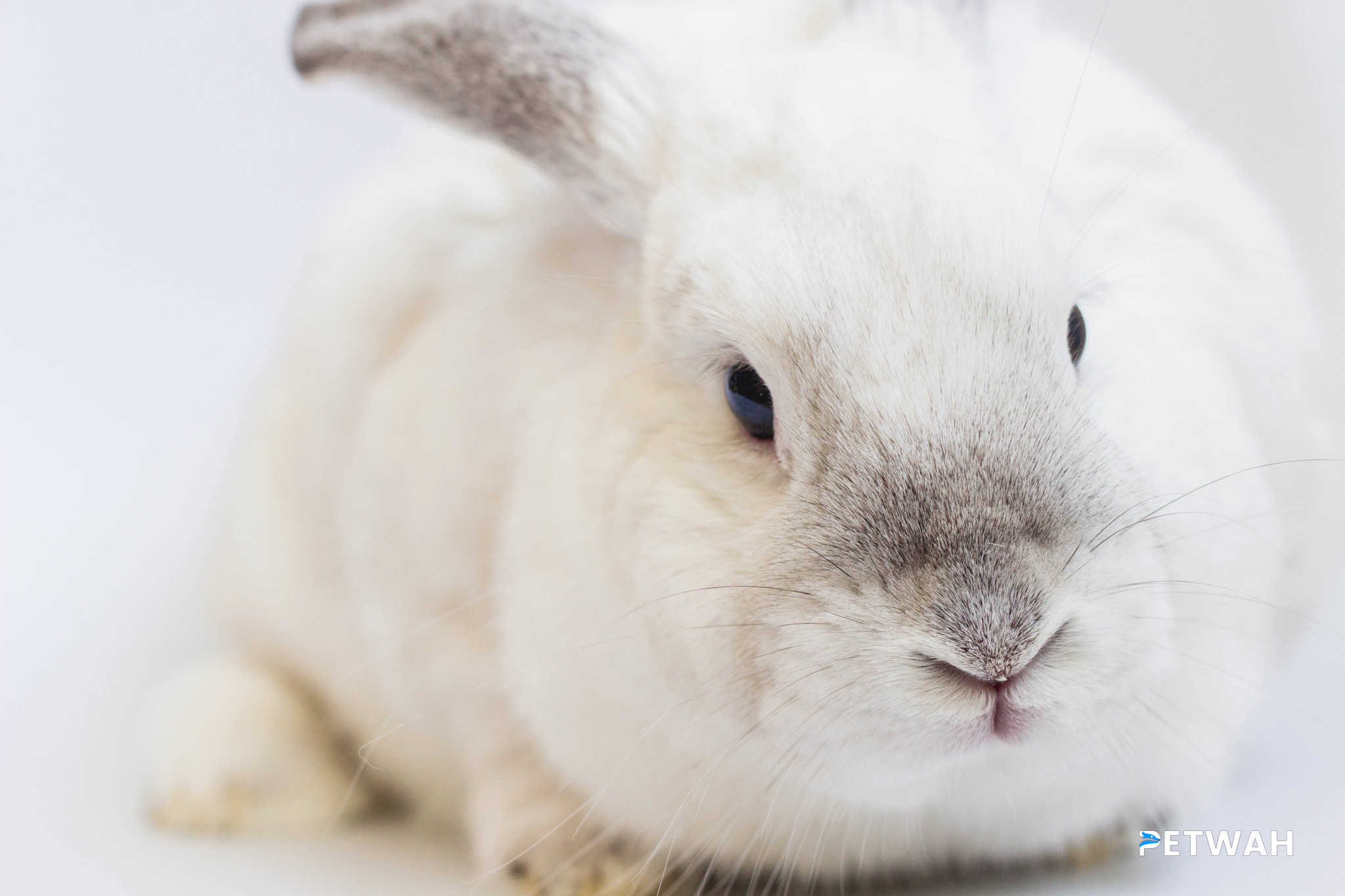Rabbits are adorable little creatures that can make fantastic pets. However, just like any other animal, they are not immune to health problems. One of the most common issues that pet rabbit owners face is respiratory problems. If you’re a rabbit owner, it’s essential to be aware of the potential causes of respiratory problems in your furry friend. Respiratory problems can be a sign of an underlying health issue, and it’s crucial to catch them early on to prevent them from causing more severe health problems. In this blog post, we’ll explore the possible triggers of respiratory problems in rabbits and what you can do to keep your furry friend healthy.
Rabbits are adorable and cuddly creatures that make great pets. However, they are prone to respiratory problems that can cause discomfort, pain, and even death if left untreated. As a rabbit owner, it’s essential to know the potential triggers of respiratory problems in rabbits to keep your pet healthy and happy.
1. Poor Ventilation
Poor ventilation is one of the leading causes of respiratory problems in rabbits. Rabbits require fresh air to breathe, and when they are kept in a poorly ventilated area, they are at risk of developing respiratory problems. When rabbits inhale dust particles, mold, or other irritants, their respiratory system can become inflamed, leading to respiratory problems.
2. Allergies
Just like humans, rabbits can develop allergies to a wide range of substances, including pollen, dust, and certain foods. When rabbits are exposed to allergens, they can experience symptoms such as sneezing, coughing, and runny eyes and nose. It’s essential to identify the allergen and remove it from your rabbit’s environment to prevent respiratory problems.
3. Bacterial and Viral Infections
Bacterial and viral infections are common causes of respiratory problems in rabbits. The most common bacterial infection in rabbits is pasteurellosis, which can cause respiratory problems, eye infections, and abscesses. Viral infections such as myxomatosis and viral hemorrhagic disease can also cause respiratory problems in rabbits.
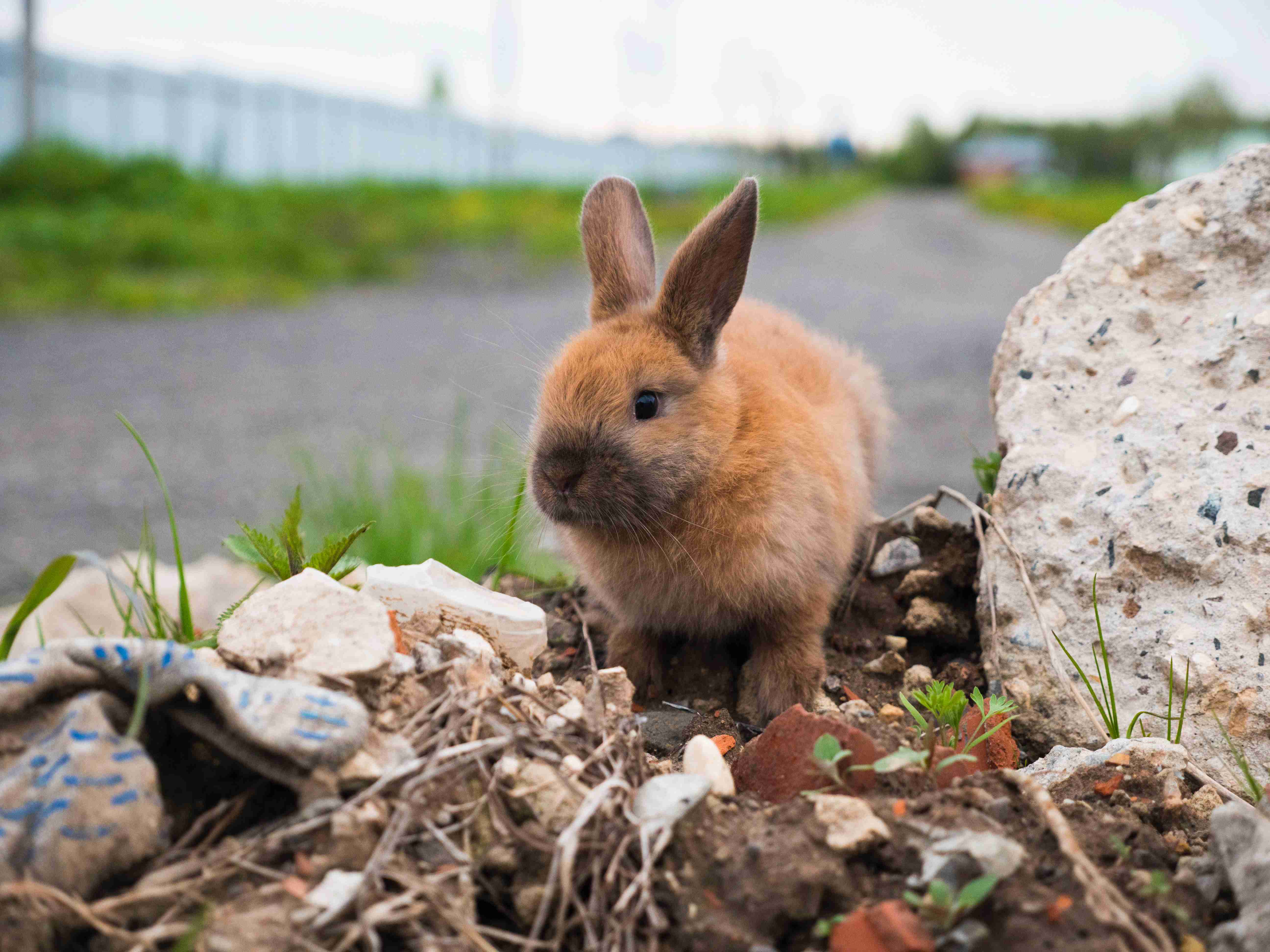
4. Dental Problems
Dental problems such as malocclusion can cause respiratory problems in rabbits. When a rabbit’s teeth do not align correctly, they can grow too long, making it difficult for the rabbit to breathe and eat. This can cause respiratory problems, weight loss, and other health issues.
5. Smoking
Smoking around your rabbit can cause respiratory problems. Secondhand smoke can irritate your rabbit’s respiratory system, leading to coughing, sneezing, and other respiratory problems. It’s essential to avoid smoking around your rabbit to keep them healthy.
6. Stress
Stress can weaken your rabbit’s immune system, making them more susceptible to respiratory problems. Stressful situations such as overcrowding, loud noises, and changes in the environment can cause respiratory problems in rabbits.
Overall, respiratory problems in rabbits can be caused by a wide range of factors. As a rabbit owner, it’s essential to provide your pet with a clean and well-ventilated environment, identify and remove allergens, and seek veterinary care if your rabbit shows signs of respiratory problems. By taking these steps, you can help your rabbit stay healthy and happy for years to come.
As responsible rabbit owners, it’s our duty to keep our furry friends healthy and happy. By understanding the potential causes of respiratory issues in rabbits, we can take the necessary steps to prevent or treat them. Always keep a close eye on your rabbit’s breathing patterns and seek veterinary attention if you notice any signs of respiratory distress. With proper care, love, and attention, your bunny can live a long and healthy life free from respiratory problems.


